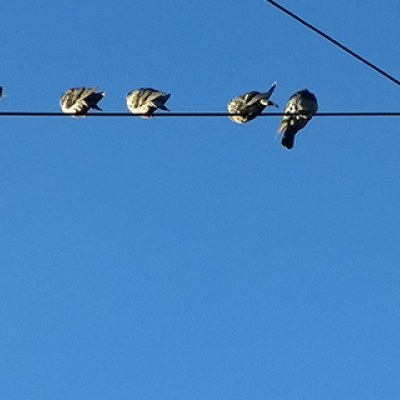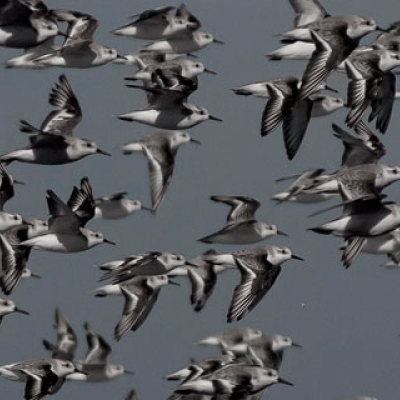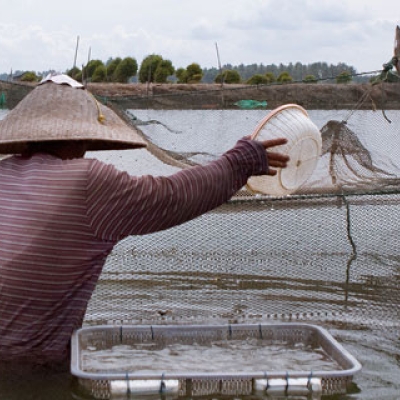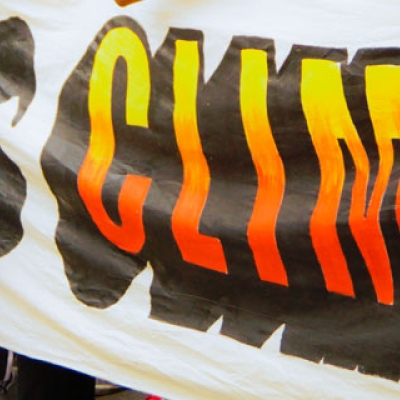By Charles C. Chester / On January 28th, 2013
On Monday, June 18, 1883, “Darwin’s bulldog” made a big mistake. Famous for his pugilistic defense of Darwin’s theory of natural selection, Thomas Henry Huxley played a prominent role in English society—and on this particular day he was delivering the inaugural address to the assembled representatives at London’s “great International Fisheries Exhibition.” Over twenty governmental entities, some as far flung as China and Tasmania, displayed their wares at the Exhibition, so this was no small honor for the great English scientist.










